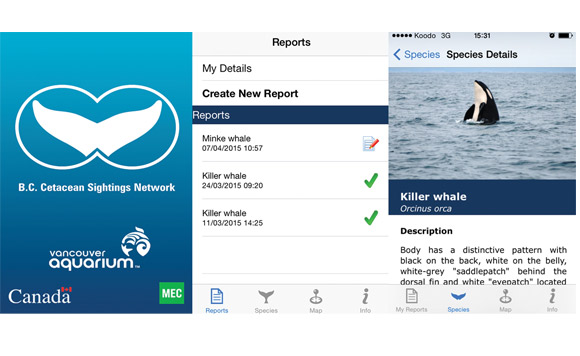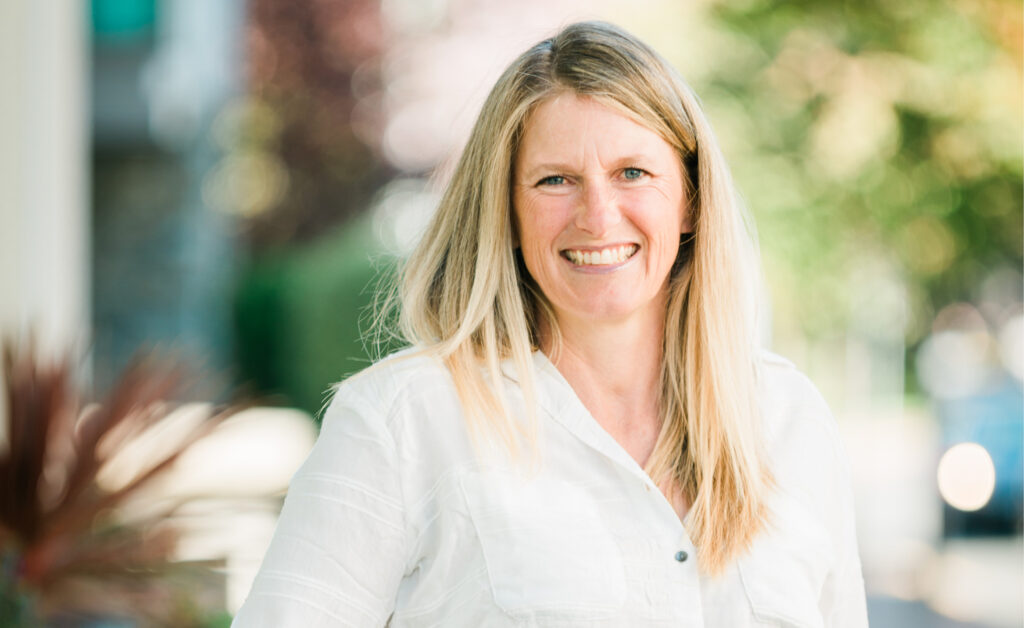by Tina Kelly –
When thinking of charity, our minds might focus on monetary donations, volunteering and a non-profit organization that focuses on a disease affecting ourselves or a loved one. Many environmental organizations are also charities, and monetary donations aren’t the only way to help.
Here are some organizations that want you to engage in citizen science.
B.C. Cetacean Sightings Network (www.wildwhales.org), run by the Vancouver Aquarium, recently launched an app to make contributing to their citizen science initiative easy. This free app provides information on local marine species so once you know what you’re looking for, you can report any and all sightings of whales, dolphins, porpoises and sea turtles – yes, turtles! Many of these species are listed under the Species at Risk Act and your observations can aid in their conservation.
Naturewatch (www.naturewatch.ca) is “a community that engages all Canadians in collecting scientific information on nature to understand our changing environment.” To participate in Plantwatch, simply keep an eye on specifically selected plants in your community, report when they bloom and help scientists understand how plants are responding to climate change. Amphibians with their thin skin and use of both terrestrial and aquatic habitats are good indicators of pollution and other environmental health changes. Frogwatch teaches volunteers to identify frogs and toads by their distinct spring mating calls. With this skill, you help protect wetlands and “over time, trends in Frogwatch observations may detect measurable climate change in Canada.”
Bird Studies Canada (www.birdscanada.org) has opportunities for every skill level. No bird identification abilities are required to assist with the BC Beached Bird Survey. Order a survey kit and simply walk the same designated stretch of beach once per month and look for beached seabirds. Like amphibians, seabirds are good indicators of environmental health; trends in mortality can help scientists detect oil spills, changes in ocean currents and shifts in prey availability. Those with strong bird identification skills should try the BC Coastal Waterbird Survey. Information gained from this study helps determine long-term population and distribution trends along with ecological changes and effects of human impacts.
Looking for something a little closer to home? Say, in your own yard? Project FeederWatch and Project NestWatch only require you look out the window. Monitor and collect data on bird activity by watching nests in your yard or neighbourhood for NestWatch and “FeederWatchers” submit observations on the types and numbers of birds visiting their feeders. FeederWatch participation is limited to November through April as this study focuses on winter bird populations. A poster, calendar and handbook are provided to all participants. Your observations can prove valuable to those studying environmental changes.
Whether you help researchers uncover ecological changes or contribute to climate change studies, your observations can, and will, make a difference.




